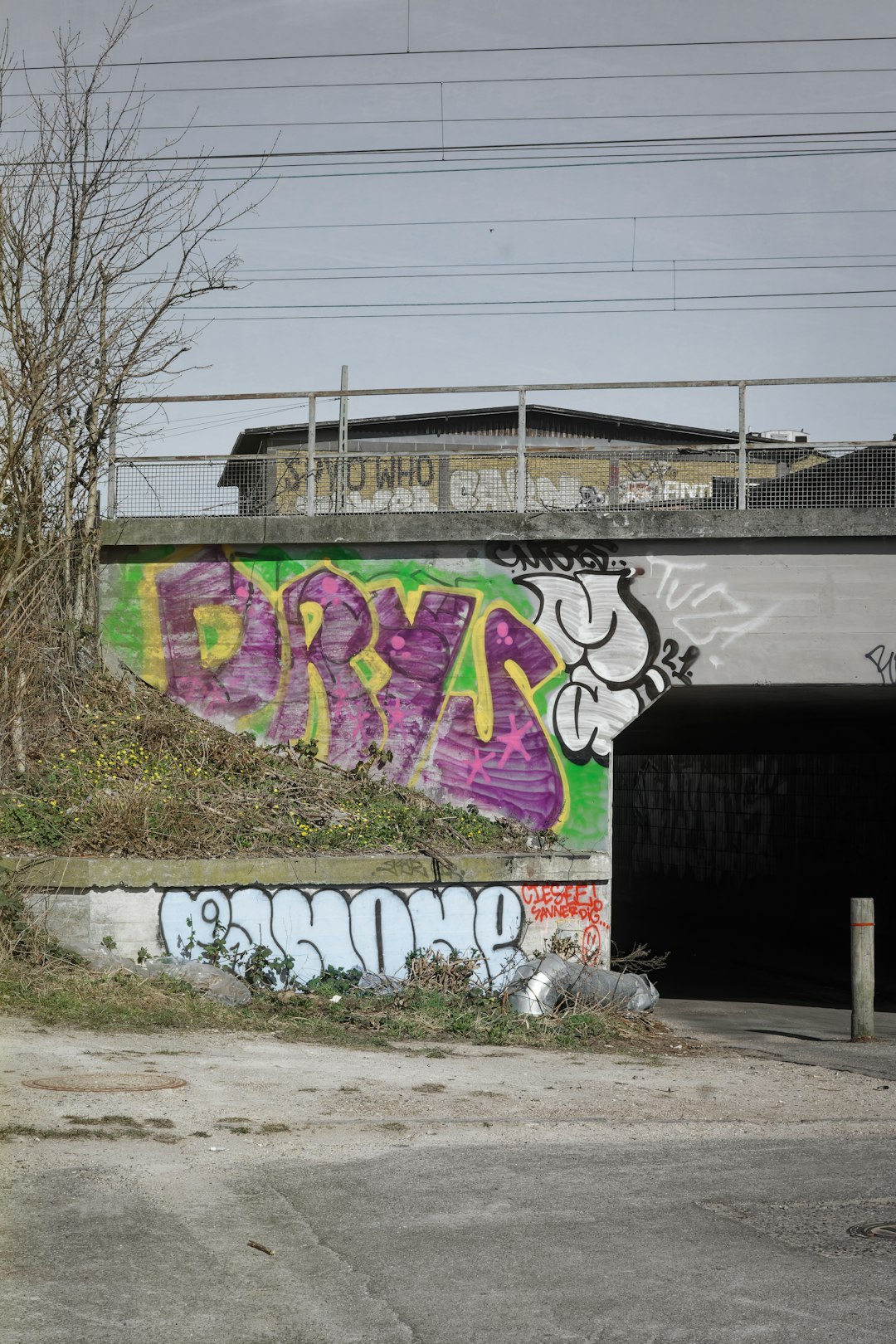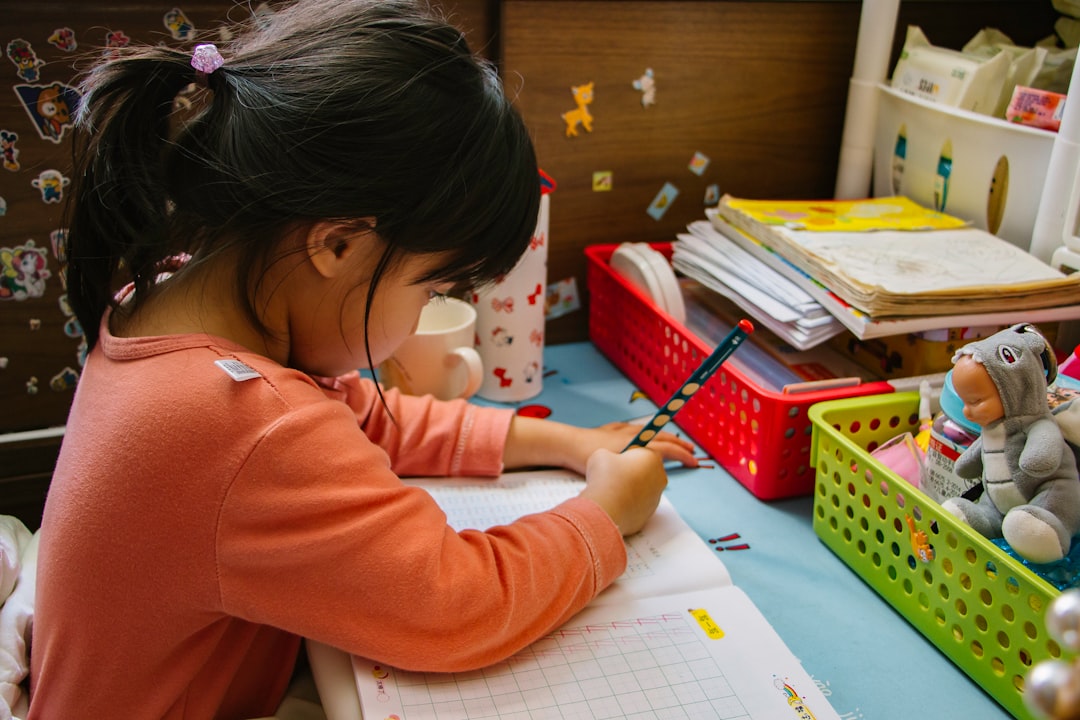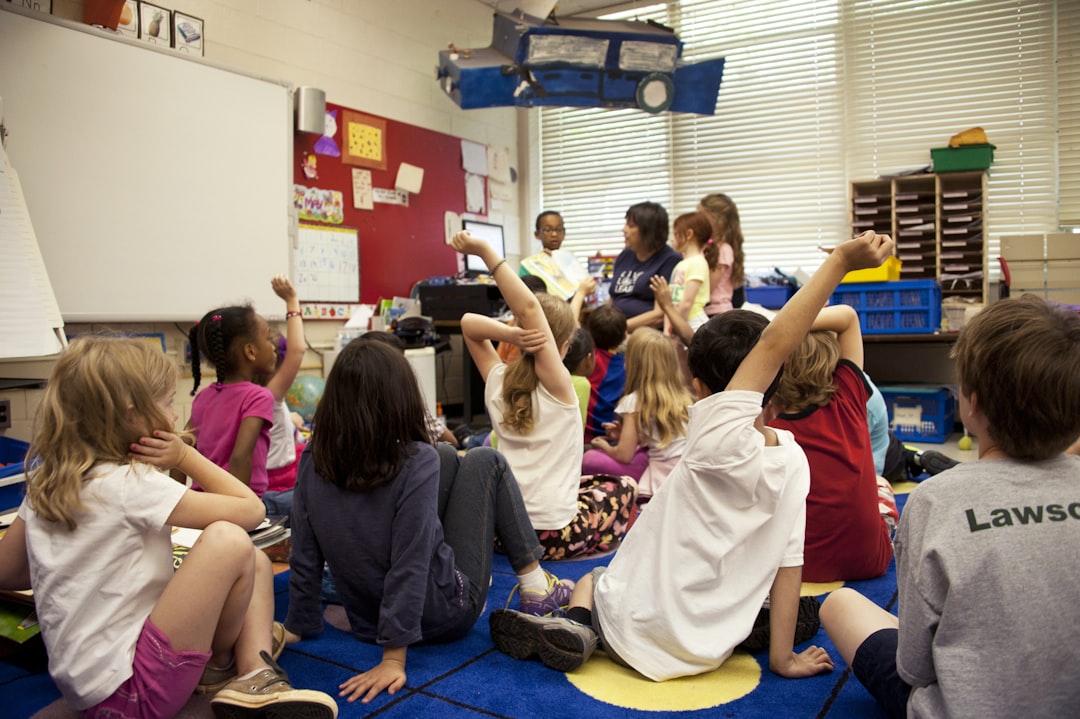Air quality in daycare centers is critical for children's health and development. High occupancy rates, cleaning products, and moisture can foster allergens, bacteria, and mold, posing risks to kids and staff. Wichita, KS daycares face pressure to meet state regulations set by KDHE, but concerns about daycare abuse necessitate stricter standards. Legal experts advocate for policies prioritizing child safety, using their knowledge to guide facilities in maintaining healthy environments through improved ventilation, cleaning, and air purification technologies. A daycare abuse lawyer in Wichita, KS plays a crucial role in ensuring compliance with indoor air quality standards, protecting children from health risks linked to poor air quality.
Wichita, KS, is taking significant steps to enhance indoor air quality (IAQ) standards in daycare centers, addressing a critical aspect of child safety. This article explores the city’s initiatives and the legal framework surrounding daycare environments. Understanding IAQ is essential, especially considering potential health risks and cases of daycare abuse. We examine current regulations and how local daycares are implementing changes. Additionally, we highlight the role of legal expertise in ensuring these standards protect children from harm, offering peace of mind to parents across Wichita.
Understanding Indoor Air Quality (IAQ) in Daycare Centers

The air we breathe in our everyday environments, especially for children, plays a significant role in their health and development. This is particularly true within daycare centers, where young minds are still developing and vulnerable to environmental factors. Understanding Indoor Air Quality (IAQ) is crucial in ensuring the well-being of these children. Daycare abuse lawyer Wichita KS highlights that poor IAQ can lead to various health issues, from respiratory problems to allergies and even cognitive delays. With children spending a significant portion of their early years in these settings, it’s imperative to address and improve indoor air quality standards.
Daycare centers often face unique challenges when it comes to IAQ due to the high occupancy rates, frequent use of cleaning products, and various sources of moisture. These factors can contribute to the growth of allergens, bacteria, and mold, all of which can negatively impact the health of children and staff. Recognizing these issues is the first step towards implementing initiatives that enhance IAQ, ensuring a safer and healthier environment for everyone involved.
Current Standards and Regulations in Wichita, KS

In Wichita, Kansas, ensuring safe and healthy indoor environments is a priority, especially in daycares where children spend a significant amount of time. The city adheres to state regulations set by the Kansas Department of Health and Environment (KDHE), which outline minimum standards for air quality in these facilities. These standards include guidelines for acceptable levels of pollutants, such as volatile organic compounds (VOCs) and particulate matter, to maintain a safe and comfortable atmosphere for children and staff.
The KDHE regularly conducts inspections and enforces compliance, addressing any issues related to ventilation, cleaning practices, and the use of products that may compromise air quality. However, with concerns rising about potential daycare abuse, including neglect of basic health and safety protocols, some advocates argue that stricter regulations and increased oversight are necessary. Engaging parents, daycare operators, and legal experts, like a reputable daycare abuse lawyer in Wichita KS, can foster collaborative efforts to enhance and enforce these standards, ultimately protecting the well-being of children within the community.
Initiatives by Local Daycares to Enhance IAQ

Many local daycares in Wichita, KS, are taking proactive steps to enhance Indoor Air Quality (IAQ) standards, prioritizing the health and well-being of children and staff. These initiatives come as a response to growing concerns about potential daycare abuse related to poor air quality and environmental hazards. Daycare centers are implementing various measures such as regular cleaning and maintenance programs, improving ventilation systems, and adopting green cleaning practices. Some establishments have even invested in advanced air purification technologies to ensure a cleaner and safer environment.
Through these efforts, Wichita daycares aim to reduce the risk of respiratory issues, allergies, and other health problems that may arise due to poor IAQ. Parents, especially those with legal concerns regarding daycare abuse, can rest assured knowing that their children’s care environments are being actively improved. This proactive approach not only benefits the children but also sets a standard for healthcare and safety in the early learning sector.
The Role of Legal Expertise in Ensuring Safe Daycare Environments

The safety and well-being of children in daycare centers are paramount, and legal expertise plays a crucial role in ensuring compliance with indoor air quality standards. In Wichita, KS, where daycare abuse cases have raised concerns, specialized lawyers focus on advocating for policies that prioritize child safety. These legal professionals help establish guidelines and regulations to maintain healthy environments, addressing issues like proper ventilation, pollution control, and the prevention of hazardous materials. By employing their expertise, daycares can protect children from potential health risks associated with poor air quality, which is essential in fostering a secure atmosphere for growth and development.
Legal counsel guides daycare operators through complex regulations, ensuring they understand their obligations to provide a safe haven. This includes educating them on the identification and mitigation of indoor air pollutants, such as volatile organic compounds, mold, and allergens. Moreover, lawyers assist in developing protocols for regular maintenance and monitoring, enabling daycares to proactively address issues before they impact the health of the children in their care. Effective legal strategies contribute to a culture of accountability, holding daycare facilities accountable for upholding the highest standards of safety, especially when it comes to protecting vulnerable young minds from avoidable harms.





